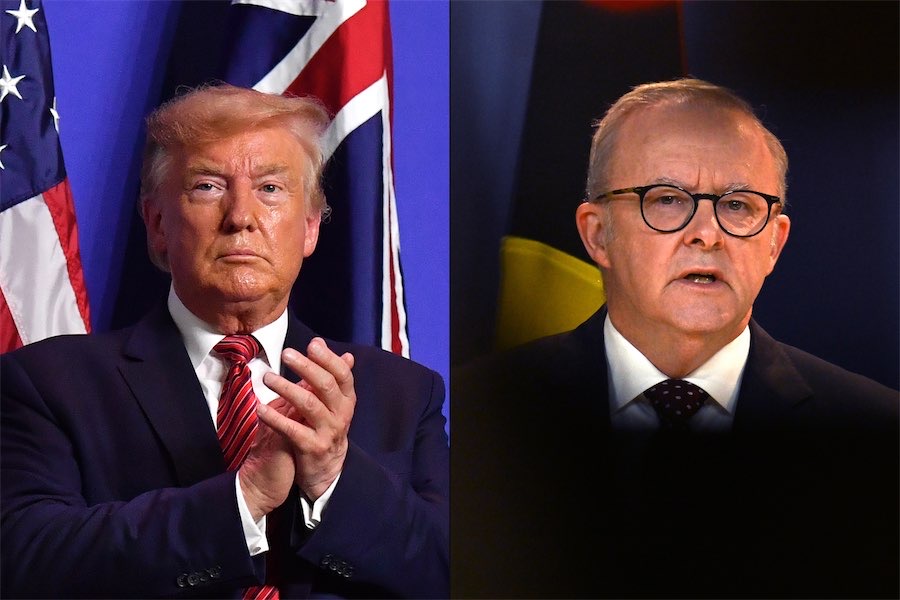By Poppy Johnston in Canberra
SWIFT action by the tax office stopped Australian taxpayers from losing roughly $180 million in revenue each year to multinationals acting on PwC’s tax-dodging advice.
Australian Taxation Office commissioner Chris Jordan said the regulator acted “immediately” to crack down on a handful of multinationals trying to skirt new multinational tax laws back in 2016.
“We are not afraid to take on the big end of town,” Mr Jordan told a parliamentary committee on Tuesday.
“We have, and we will keep doing so.”
The regulator said its investigation of the suspicious activity in relation to incoming multinational anti-avoidance law uncovered the potential breach of confidentiality by former PwC partner Peter Collins.
Mr Collins, who has since been referred to the Australian Federal Police as part of a criminal investigation, has been caught circulating Treasury information about new tax laws to drum up new business from clients interested in ducking the regulation.
The ATO boss said the regulator did not have the power to launch a criminal investigation and instead referred the matter to the federal police in 2018.
It then formally referred the matter to the Tax Practitioners Board in July 2020, which terminated Mr Collins’ tax agent registration for two years.
“My main messages are to reassure the community that we got on top of this early and stopped any tax loss to Australia from this egregious behaviour,” Mr Jordan said.
The commissioner said the investigation took such a long time because the consultancy firm issued false claims of legal professional privilege, which protects communications between a professional legal adviser and their clients.
“We had to issue further notices to obtain information that was clearly not subject to legal professional privilege, such as internal PwC emails,” Mr Jordan said.
The commissioner said he was limited in what he could say on the ongoing criminal investigation, as was Treasury secretary Steven Kennedy.
In May, emails were tabled in parliament highlighting what Dr Kennedy described as “the significant extent of the unauthorised disclosure of confidential Commonwealth information and the wide range of individuals within PwC who were directly and indirectly privy to the confidential information”.
Dr Kennedy said the emails were “pretty disturbing” by any community standards and prompted Treasury to refer the matter to police.
Treasury officials were also grilled about the time it took to bring the incident to light.
Treasury deputy secretary Diane Brown, who is in charge of the revenue group, said the agency first became aware of a “possible breach of confidentially” when contacted by the ATO in 2018.
She said the tax office was subject to “strict secrecy provisions” so it was unclear why the regulator needed information from Treasury about the incident.
In late 2020, the Tax Practitioners Board also asked for information from Treasury about PwC and its involvement in multinational tax consultations.
Ms Brown told the hearing it was not unusual for regulators to seek this kind of information and it was her understanding that the treasurer at the time was not advised about the investigation.
The consultancy giant has already kicked off an internal investigation into the incident and the broader culture at the firm, and on Monday, announced it was standing down nine partners.
Who can be trusted?
In a world of spin and confusion, there’s never been a more important time to support independent journalism in Canberra.
If you trust our work online and want to enforce the power of independent voices, I invite you to make a small contribution.
Every dollar of support is invested back into our journalism to help keep citynews.com.au strong and free.
Thank you,
Ian Meikle, editor









Leave a Reply